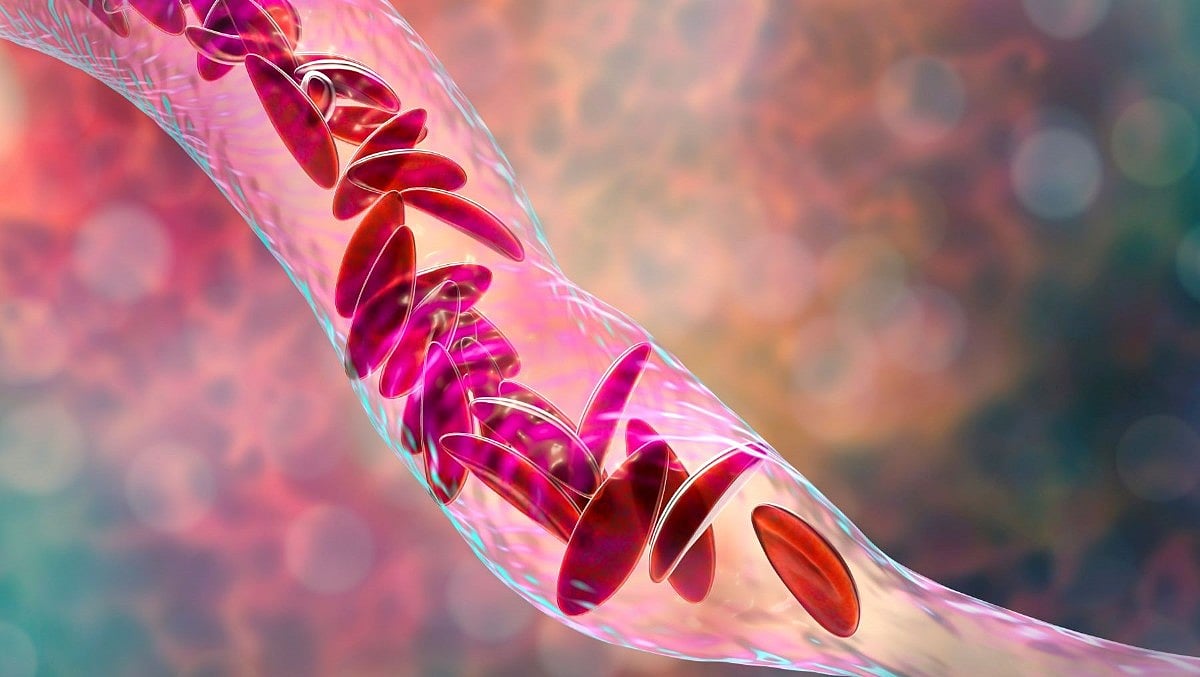Manténgase sano!

- Ernie Mundell
- Posted July 22, 2024
Common Sickle Cell Drug Won't Harm Female Fertility
A drug called hydroxyurea has long been used to fight sickle cell disease, but some female patients may have shied away from it due to concerns that it could harm future fertility.
Those fears may be unfounded: A new study finds that hydroxyurea has no effect on what's known as "ovarian reserve" -- the number of healthy eggs a girl or woman may have on hand to conceive.
Based on the new findings, women with sickle cell disease "should be more confident in hydroxyurea as a therapy," said study lead author Dr. Tamara Diesch-Furlanetto, of the University Children’s Hospital Basel in Switzerland.
Hydroxyurea cuts down on sickle cell-related crises and hospitalizations "and, according to the data from this study, doesn’t impact fertility," she said in a news release from the American Society of Hematology (ASH).
According to ASH, over 100,000 people in the United States currently suffer from sickle cell disease, where a genetic aberration creates bent (sickle-shaped) blood cells that can get lodged in blood vessels.
Sometimes these blockages are so severe as to impede that flow of blood to organs, creating a sometimes fatal condition known as a vaso-occlusive crisis (VOC).
The disease disproportionately affects Black Americans. According to the U.S. Centers for Disease Control and Prevention, sickle cell affects one in every 365 Black American births and one out of every 16,300 Hispanic American births.
Hydroxyurea has been in use among sickle cell patients since the 1960s, and it's proven to reduce the frequency of VOCs and blood transfusions.
However, there have long been questions around the drug's impact on fertility. That's because girls and women who used the drug tended to have lower levels of a hormone linked to ovarian function and fertility.
To help settle the question, Diesch-Furlanetto and colleagues collected ovarian tissues harvested from 76 female patients (averaging about 10 years of age) with sickle cell disease who had opted to undergo cryopreservation ("egg freezing") prior to stem cell transplant therapy.
Thirty-five of the young patients had taken hydroxyurea prior to having their ovarian tissue harvested, while 50 others hadn't yet gone through puberty when the procedure took place.
One way to measure ovarian reserve in tissues is to examine the density of what are known as primordial follicles. These are present at birth and comprise the majority of the ovaries, the researchers explained.
They report no significant differences in primordial follicular density between the girls who had undergone hydroxyurea treatment and those who hadn't.
“This is the first time we can say, after examining histological tissue, that hydroxyurea doesn’t impact ovarian reserve,†Diesch-Furlanetto said in an ASH news release.
She added that the new data is in line with her personal experience caring for women with sickle cell disease: Many who've taken hydroxyurea have gone on to conceive and bear children.
Diesch-Furlanetto's advice: "Individuals living with sickle cell disease should still consider preserving ovarian tissue before [stem cell therapy], but it’s not obligatory if they are just being treated with hydroxyurea."
The findings might have financial implications for patients, well. That's because fears around hydroxyurea's impact on fertility have some female patients opting to freeze their eggs. But as the ASH news release noted, as of early 2023, only "11 states mandated private insurance coverage for fertility preservation, with public insurance covering it in just two states."
The new findings were published July 18 in the journal Blood Advances.
More information
The National Institutes of Health has more about sickle cell disease.
SOURCE: American Society of Hematology, news release, July 18, 2024







